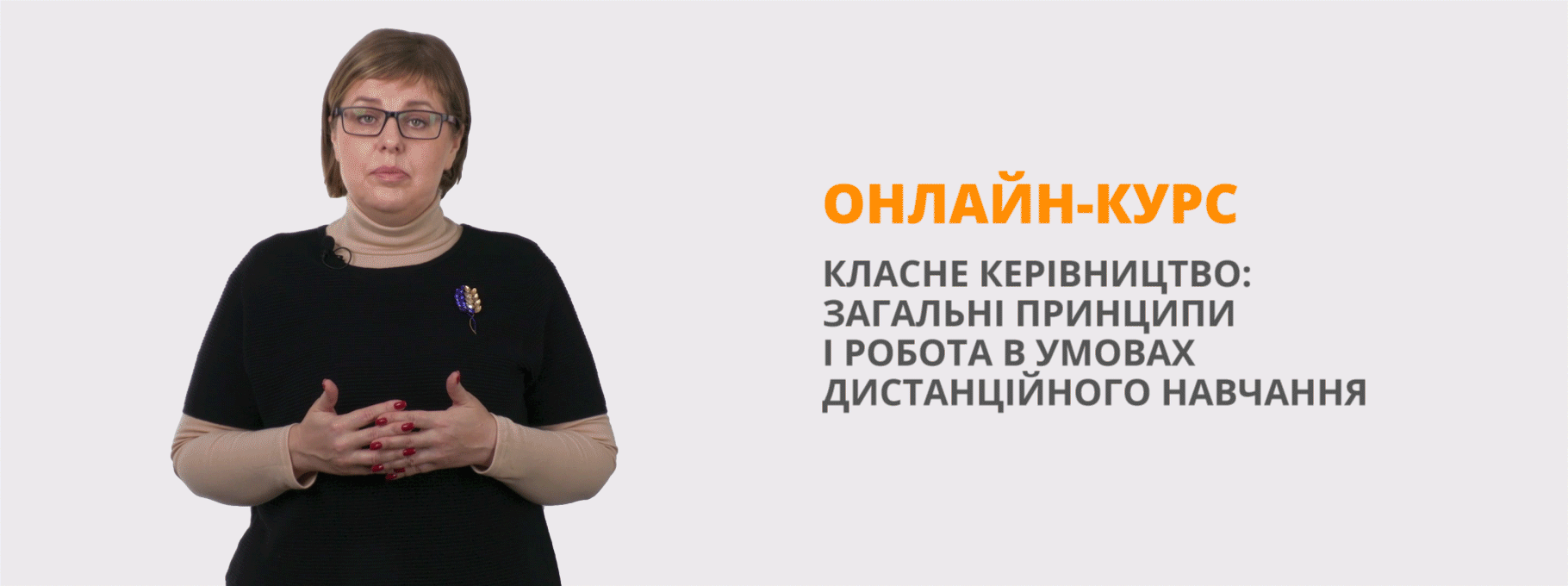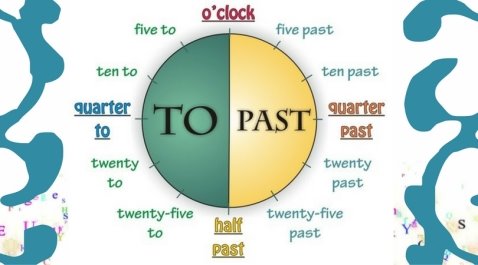Моя родина. Хобі моїх рідних
üнавчальна: закріпити граматичний і лексичний матеріал за підтемою «Дозвілля», «Моє хобі», практикувати мовні засоби за підтемою «Дозвілля»; формувати навички вживання нових лексичних одиниць, удосконалювати компетенції читання, аудію- вання й усного монологічного мовлення;
üрозвиваюча: уважно стежити за презентованою інформацією, ефективно співпра-цювати під час парної та групової роботи, мотивувати готовність брати участь в ін-шомовному спілкуванні, розвивати різні типи пам'яті — слухову, зорову, увагу, уяву; учити працювати у парі, логічно висловлювати думку;
üвиховна, виховувати уміння сконцентруватися, слухати інших, формувати доброзичливу атмосферу в класі.
Урок Mr. Webster and Alina Melnichenko Grade 4A 4 B Date December, 4, 2017
Тема: ЗАХОПЛЕННЯ МОЄЇ СІМ'Ї ТА ДРУЗІВ
Мета:
- навчальна: закріпити граматичний і лексичний матеріал за підтемою «Дозвілля», «Моє хобі», практикувати мовні засоби за підтемою «Дозвілля»; формувати навички вживання нових лексичних одиниць, удосконалювати компетенції читання, аудію- вання й усного монологічного мовлення;
- розвиваюча: уважно стежити за презентованою інформацією, ефективно співпра-цювати під час парної та групової роботи, мотивувати готовність брати участь в ін-шомовному спілкуванні, розвивати різні типи пам'яті — слухову, зорову, увагу, уяву; учити працювати у парі, логічно висловлювати думку;
- виховна, виховувати уміння сконцентруватися, слухати інших, формувати доброзичливу атмосферу в класі.
Обладнання: картки за підтемами «Дозвілля», «Моє хобі», плакат «Present Continuous».
Хід уроку
|
Alina explains, Grayson leads game
Alina
Grayson reads, students listen and repeat
Alina explains adjectives while Grayson posts them on the bored
Magnets
Alina leads
Alina and Grayson
Grayson and Alina demonstrate together |
WARM-UP
Play a quick game of “Simon Says” with the students. Commands will be given in present continuous using familiar vocabulary, such as “Simon says you are playing football,” or “Simon says you are drawing.” Students will mimic these actions. If a command is given that does not begin with the words “Simon says,” students do not do anything. If a student performs the actions without hearing “Simon says,” he or she must sit down. “Simon says you are playing football,” “Simon says you are drawing.” “You are reading” “Simon says, you are making things” “Simon says, you are playing the instrument” “You are collecting stamps”
What does Mr. Parker likes doing? What does Mrs. Parker likes doing? What does Molly likes doing? What does Peter likes doing?
PRESENTATION 3. Listen, read and act out in roles (p. 44, ex. 1). Ask pupils to look at the pictures. Ask if pupils like playing games with toys? Then ask “Do you like playing games with toys? What toys can you see? What toys do you have and like playing with?” Read the dialogue while pupils listen and read silently. Explain any words that pupils ask for. Read the dialogue again. Pupils listen and repeat.
Pupils act out the dialogue in groups. Repeat with several different pupils. Present some new adjectives to characterize activities, separating them into positive and negative positions on the blackboard, in preparation for the next activity Ex.: “fun, exciting, popular, interesting, engaging, relaxing, fascinating, challenging, satisfying;” “boring, tiresome, tiring, difficult, expensive, waste of time, pointless, stressful” EXTRA Read the Yes / No questions and the answers to them. Then ask various Yes / No questions about the story and the picture: “Is Ann painting her doll collection?
Does Ann like ponies?” etc. Then ask more complex questions. PRACTICE 3. Choose and say (p. 45, ex. 2). Ask pupils to look at the sentences and finish them using the correct endings. Pair work: Pupils read the sentences in silent to themselves or they work on them together in pairs. Pupils choose suitable ones. If it is necessary, translate the words into the native language. Ask pupils to read the sentences in a chain. Ask to translate difficult sentences into the native language. Go round helping. You can ask pupils to write the sentences down. Ask some bright pupils to write the sentences on the board too. Key: 1. A. 2. C. 3. A.
READING AND WRITING 4. Work in pairs. Ask and answer (p. 45, ex. 3). Pair work: Ask pupils to read the questions one by one. Ask pupils to give the Yes / No answers only and then complete No answers with extra information. Ask pupils to copy out the questions and write down the answers in their exercise books and on the board. When pupils read Wh-questions they have to give true answers. Key: 1. Yes, I do. / No, I don’t. I collect toy cars. 2. Yes, I do. I play the piano. / No, I don’t. 3. My favourite sport is football / tennis / volleyball / swimming. 4. I like reading / playing computer games / walking with my friends / playing football. Physical hokey pokey
5. Tell your classmates about your hobbies (p. 45, ex. 4). Ask pupils to say some words about their hobbies. Ask pupils to read an example. Pupils read the example individually. Then they copy out the sentences into their exercise books and complete them with suitable words and words combinations about their hobbies. They read or retell about their hobbies. Introduce with “I have some hobbies. I like to……..;” “I don’t like......;” “My favorite sport is…..;” Game "Repeat If It's True" Grayson and Alina act out actions and make statements which may or may not be true. Students must say whether they are true or not. A: “I am playing the guitar.” G: “I am playing football.” A: “I am listening to music.” G: “I am reading a book.” A: “I am playing the piano.” G: “I am collecting coins.” A: “I am cooking dinner.” G: “I am eating dinner.»
ENDING THE LESSON 6. Fill in the blanks exercise on the blackboard, involving activities which they already learned. T_k_ _ho_os _a_e _hi_g_ Home work 7. Read (p. 44, ex. 1).
|
Урок Mr. Webster and Alina Melnichenko Grade 4A Date December 6 , 2017
Grade 4В Date December 7 , 2017
Тема: А ТИ ЛЮБИШ ДИВИТИСЯ ТЕЛЕВІЗІЙНІ ПЕРЕДАЧІ?
- навчальна: закріпити граматичний і лексичний матеріал за підтемами «Дозвілля», «Моє хобі», практикувати мовні засоби за даними підтемами; формувати навички вживання нових лексичних одиниць, вдосконалювати компетенції читання, аудіювання й усного монологічного мовлення;
- розвиваюча: уважно стежити за презентованою інформацією, ефективно співпрацювати під час парної та групової роботи, мотивувати готовність брати участь в іншомовному спілкуванні, розвивати різні типи пам'яті — слухову, зорову, увагу, уяву; учити працювати у парі, логічно висловлювати думку;
- виховна, виховувати уміння сконцентруватися, слухати інших, формувати доброзичливу атмосферу в класі.
Обладнання: картки за підтемами «Дозвілля», «Моє хобі», «Годинник».
|
Alina and Grayson together
Grayson reads Alina translates, helps
Alina explains, Grayson writes sentences
Alina draws clock, Grayson asks questions Alina explains
Grayson reads the dialogue first
Grayson introduces the words, students read them a few times, Alina asks question
Alina |
WARM-UP Grayson and Alina act out actions and make statements which may or may not be true. Students must say whether they are true or not. A: “I am playing the guitar.” G: “I am playing football.” A: “I am listening to music.” G: “I am reading a book.” A: “I am playing the piano.” G: “I am collecting coins.” A: “I am cooking dinner.” G: “I am eating dinner. » This time, students will provide FULL SETENCES, and all answers will be FALSE
PRESENTATION 2. a) Listen and repeat (p. 46, ex. 1). Ask pupils to look at the pictures. Say the words. Drill each new word two or three times. Do choral and individual repetition of every word. Monitor the activity and help where necessary. If you like, ask pupils to make sentences with these words. Ex.: “Do you like to watch cartoons?” “Do your parents watch the news every day?” “Do you have a favorite film?” “Does your granny like quiz shows?” “Does your dad watch sports programs every evening?” “Does the Ukrainian National Dynamo often win football matches?”
Questions: “When does the News Summary start?” Ans: “It starts at 9:00 A.M..” “When does Puss in Boots start?” Ans: “It starts at quarter to 10.” When does Tom and Jerry starts?” Ans: “It starts at 3:00 P.M..” b) Look and say which programs you like / don’t like.
PRACTICE 3. Listen, read (p. 46, ex. 2). Read the dialogue. Pupils listen. Ask pupils to open the books. Learn television words: “channel” and “TV guide”. Pronounce the words two or three times. Ask questions “What channel is Puss and Boots on?” Ans: “Puss and Boots is on Fox Kids.” “What channel is Extreme Sports?” Ans: “It is on Eurosport.” Pair work: Read the dialogue again. Pupils listen and read in pairs. Ask pupils to read and practice their part in the story for a few minutes. Go round helping. One or two pairs read the dialogue. Repeat with a different pupil, but this time let pupils choose partners to act them out with. READING AND WRITING 4. Read the TV guide (p. 46, ex. 2). Tell pupils they are going to read a special kind of text. It’s a TV guide. At first practice saying the times in the TV guide. Draw some clocks faces on the board. Each clock should show a different time (in hours, half hours and quarters). Revise the times using a demonstrative clock too. Ask bright pupils to read the TV guide one by one. Ask the other pupils to repeat after the pupils who read the TV guide. Physical Training Write times on the board Asks questions What time is it? It is….. 9:30 (Half past nine), 15:10 (ten past three in the afternoon) 8:30 9:40 14:15 ENDING THE LESSON Home work Read (p. 46, ex. 2).learn the words
|


про публікацію авторської розробки
Додати розробку

